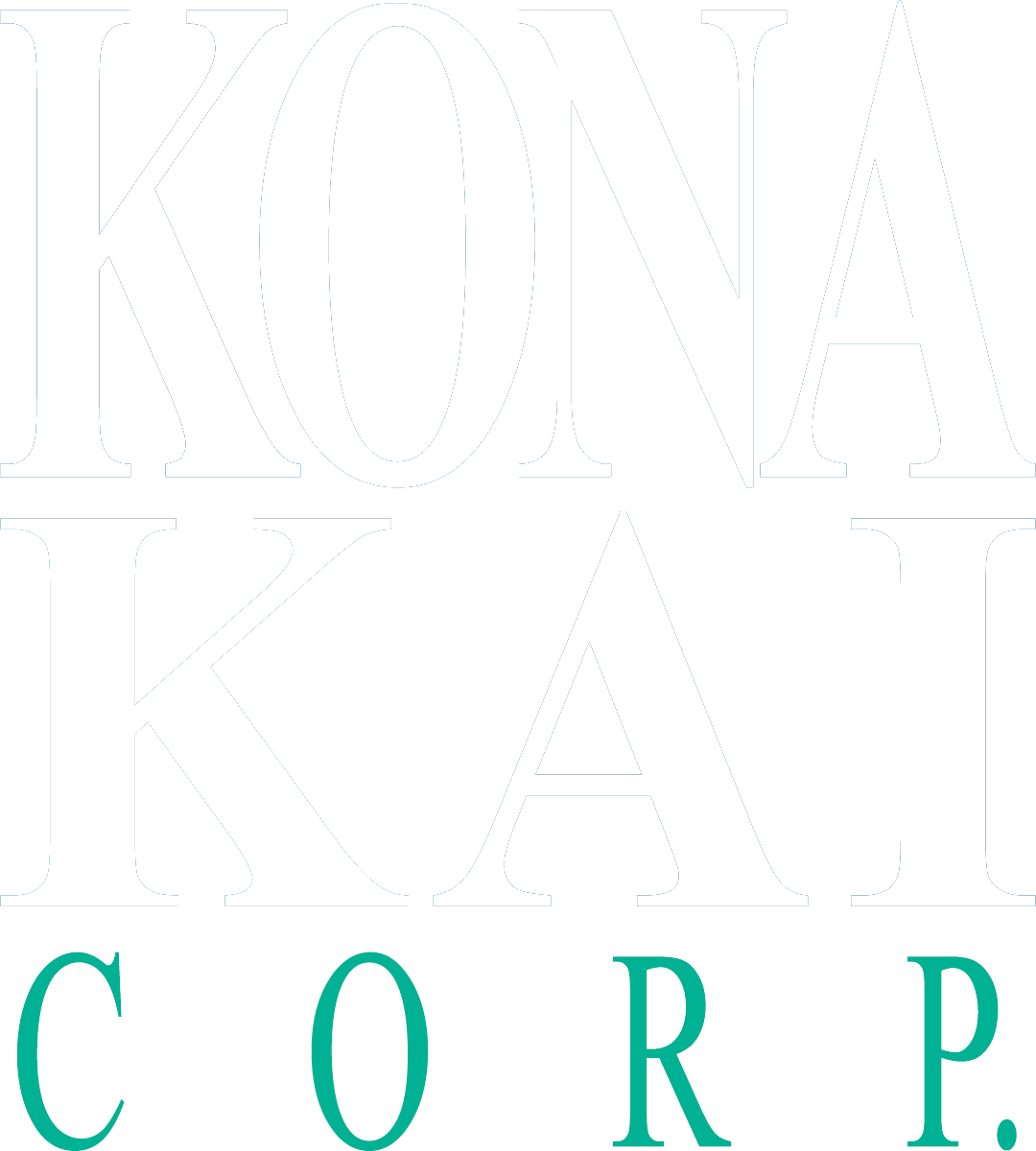Salesforce Health Cloud: Tips for Patient-Centric Care in Healthcare
Healthcare organizations must continually seek ways to enhance patient outcomes while maintaining operational efficiency. Placing the patient at the center of care delivery is paramount. Salesforce Health Cloud, with its robust Customer Relationship Management (CRM) capabilities, is uniquely positioned to support this transformation by enabling patient-centric care through data-driven insights, personalized interactions, and streamlined workflows.
Essential Tips for Delivering Patient-Centric Care
1. Leverage 360-Degree Patient Views
One of the core strengths of Salesforce Health Cloud is its ability to provide a comprehensive, 360-degree view of each patient. By integrating data from various sources, such as Electronic Health Records (EHRs), appointment histories, and social determinants of health, clinicians and care teams can access a single, unified view of the patient.
- Tip: Customize patient profiles to include relevant metrics that align with your care models. For example, adding specific fields for chronic conditions or past interventions allows for quicker decision-making, leading to more timely and accurate care.
2. Personalize Patient Engagement
Personalization is critical in fostering trust and engagement with patients. Salesforce Health Cloud enables personalized communication via preferred channels, such as email, SMS, or phone, and empowers care teams to schedule reminders, deliver educational content, and follow up on care plans based on individual preferences and needs.
- Tip: Segment patient populations to tailor outreach efforts. For example, patients with diabetes may benefit from regular reminders to monitor blood sugar levels, while elderly patients might appreciate personalized content about preventive care. Use automation to trigger these communications to ensure consistency.
3. Optimize Care Coordination
Effective care coordination can make a significant impact on patient outcomes. Salesforce Health Cloud allows care teams to collaborate seamlessly by sharing information across departments, ensuring that everyone involved in a patient’s care is on the same page. Additionally, Salesforce allows an extended community of care beyond the Healthcare organization, by allowing access to at home care givers like family members.
- Tip: Implement workflows that facilitate interdisciplinary collaboration. For instance, creating custom care plans that involve both primary care providers and specialists can streamline treatment for patients with complex needs. Additionally, use task automation to assign follow-up responsibilities, reducing gaps in care.
4. Empower Patients with Self-Service Options
Today’s patients are more digitally savvy than ever, and they expect the ability to manage their own healthcare experiences. Salesforce Health Cloud’s self-service portals and mobile applications empower patients to take control of their health by scheduling appointments, accessing test results, and communicating with care teams directly.
- Tip: Integrate a patient self-service portal that allows patients to update their information, request prescription refills, or view personalized health insights. Ensure that the interface is user-friendly and accessible across devices to accommodate patients of varying digital proficiency.
5. Use Data and Analytics for Predictive Care
Salesforce Health Cloud offers powerful analytics capabilities that allow healthcare organizations to move from reactive to proactive care. By analyzing patient data, healthcare providers can identify trends, predict potential health issues, and intervene before a condition worsens.
- Tip: Implement predictive analytics to identify high-risk patients who may require additional care or monitoring. For example, leveraging AI to predict readmissions based on patient histories can lead to early interventions, reducing hospitalizations and improving patient outcomes.
6. Ensure Data Security and Compliance
In healthcare, protecting patient data is not just a priority—it’s a legal requirement. Salesforce Health Cloud is built with security and compliance in mind, offering features such as HIPAA-compliant data handling, encryption, and regular security audits to ensure patient data remains protected.
- Tip: Regularly review your organization’s security protocols and ensure that all Salesforce users are properly trained in handling sensitive health information. Set up role-based access to limit exposure to patient data only to those who need it, and conduct periodic audits to ensure compliance.
7. Continuously Adapt to Evolving Patient Needs
Healthcare is constantly evolving, and so are patient needs. Salesforce Health Cloud’s flexible architecture allows healthcare organizations to adapt quickly to these changes. Whether you need to modify workflows, update care plans, or integrate new data sources, Health Cloud’s scalability ensures that your organization can remain agile.
- Tip: Stay ahead of the curve by regularly evaluating patient feedback and outcomes data to identify areas for improvement. Be prepared to make adjustments to care models, communication strategies, and technology infrastructure as new trends in patient care emerge.
Unlocking Success
Salesforce Health Cloud is a powerful tool for healthcare organizations seeking to prioritize patient-centric care. By leveraging its capabilities, healthcare providers can enhance the patient experience and improve overall outcomes. As healthcare continues to evolve, embracing technologies like Salesforce Health Cloud will be crucial for organizations looking to stay competitive while delivering exceptional care.
Incorporating Salesforce Health Cloud into your healthcare practice can be a game-changer. With the right strategy, tools, and expertise, your organization can not only meet but exceed patient expectations, leading to better care outcomes and long-term success.
Looking to implement or optimize Salesforce Health Cloud? Kona Kai Corp., specializes in CRM solutions tailored to healthcare and are a Salesforce partner. Let us help you design a patient-centric strategy that works for you.
INSIGHTS












